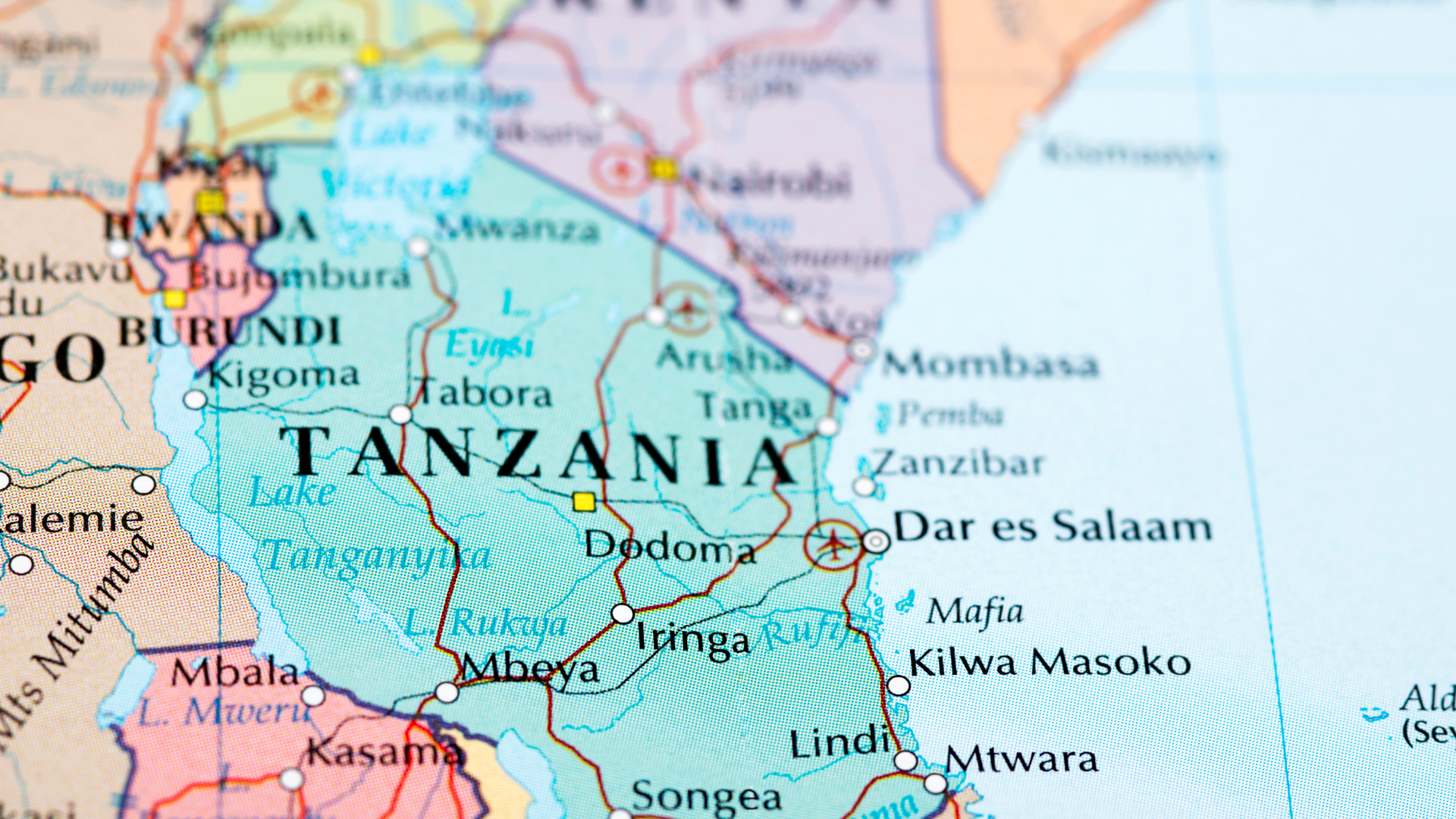Date first published: 11/11/2025
Key sectors: all
Key risks: civil unrest; disruptive unrest; political stability
Risk development
On 10 November authorities issued warrants for the arrest of 10 senior opposition figures, including the CHADEMA party’s secretary general, spokesperson and members of its central committee. This followed the 9 November arrest of the party’s deputy secretary general, Amani Golugwa, as part of an investigation into election protests. An inquiry into the 29-31 October violence following the presidential and legislative election, by the police and security forces, has led to widespread arrests. On 7 November, 240 people were charged with treason in Dar es Salaam and 172 were arraigned to face criminal charges, including armed robbery and unlawful assembly in Mwanza, Mwanza province.
Why it matters
Tightening of state-led repression on opposition parties and extensive erosion of democratic freedoms triggered unprecedented levels of nationwide violence. Unverified death tolls in excess of 1,000 represent an absolutist approach to quelling unrest, anomalous even within Africa’s longest governing party – Tanzania’s Chama Cha Mapinduzi (CCM).
Significant damage to public and private property during the 29-31 October protests – through the targeting of public buildings, polling stations and posters of President Samia Suluhu Hassan – was fuelled by broad anti-government sentiment. The president’s unpopularity did not officially translate at the ballot box as the electoral commission announced her victory on 1 November, with 97.7 per cent of the vote amid high turnout – figures challenged by independent election observers. A typically inexpressive African Union also labelled the election undemocratic.
The government’s silence, swift reprimand of activists and increasing authoritarianism will deepen tensions among voters. Future displays of frustrations are likely to be heavily policed by the state, broadening distrust and fuelling further anger. CCM’s overwhelming control of parliament will enable Hassan to tighten her grip on the presidency, as the inquiry into the violence is likely to be leveraged to suppress dissenters.
Background
The military was deployed across key urban centres prior to the vote, while a countrywide internet shutdown from election day prevented the sharing of evidence of state-sponsored brutality. Presence of armed, plainclothes personnel – suspected to be members of the military – highlighted a premeditated, heavy-handed government response to civil unrest, amid reports that health facilities and morgues experienced higher-than-usual arrivals of patients and corpses.
In the aftermath of protests, Hassan was inaugurated in a private ceremony at a military parade ground after standing in the election virtually unopposed, arresting and disqualifying her two major rivals. CHADEMA leader and main opposition candidate Tundu Lissu stands trial on alleged trumped-up treason charges, with his whereabouts temporarily unknown during the election period. A broader crackdown on critics through extrajudicial measures, including abductions and killings, is emblematic of escalating authoritarian tendencies, robustly repudiated by the electorate.
Risk outlook
Hassan’s uncompromising approach to dismissing internal and external challenges to her leadership is expected to continue as governance issues will be more broadly scrutinised. Such a political climate will increase the risks of civil unrest and subsequent political violence. The closure of border crossings and the port at Dar es Salaam during protests underscores the potential, though less likely, for future disruptions to commercial activity. CCM’s expanded legislative influence could also fast-track the adoption of unpopular policies, which could trigger further opposition demonstrations.

